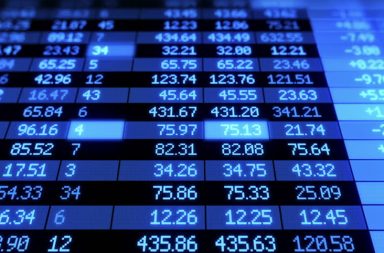On Monday, global stock markets reached record highs on the anticipation of the U.S. tax bill, although a closer look at the draft’s potential laws between currency traders put the greenback under pressure. On Sunday, U.S. Republicans stated they anticipate Congress to pass the tax plan this week.
Global stock markets have soared this year, partly on the anticipation of the reform. The benchmark MSCI World index, which tracks shares in 47 countries, increased 0.41 percent to hit a record high on Monday, putting it on target for its best year since 2009.
The pan-European Stoxx 600 index increased 0.9 percent, less than 2 percent off a two-year high hit it reached at the beginning of November. Germany’s DAX index increased 1.2 percent, with the U.K.’s FTSE 100 up 0.5 percent.
The dollar index dropped 0.2 percent against a basket of major currencies.
In fixed income markets, Portuguese bonds were the top performers, with yields reaching their lowest since 2015, following an extraordinary two-notch sovereign credit upgrade from Fitch. Now, the country holds an investment grade from two of the three major rating agencies and may return to major bond indices.
“There is very much a shift in the architecture in the European government bond market,” said strategist Daniel Lenz.

THE MORNING REPORT
Start your workday the right way with the news that matters most.
Your information is 100% secure with us and will never be shared Disclaimer & Privacy Policy
In Asia, the Indian rupee dropped 1.1 percent before rallying to trade up 0.07 percent, when it was evident that Prime Minister Narendra Modi’s Bharatiya Janata Party (BJP) would win the election in Gujarat.
On Sunday, futures of the cryptocurrency bitcoin received a subdued welcome at the launch on the CME Group exchange. The front-month contract BTCF8 dropped 0.7 percent on Monday, under the reference price of $19,500 set by the exchange for January’s contract.
Oil prices increased with the North Sea pipeline outage continuing and a strike by Nigerian oil workers endangered the country’s crude exports, driving the price higher.
 D. Marie
D. Marie 




